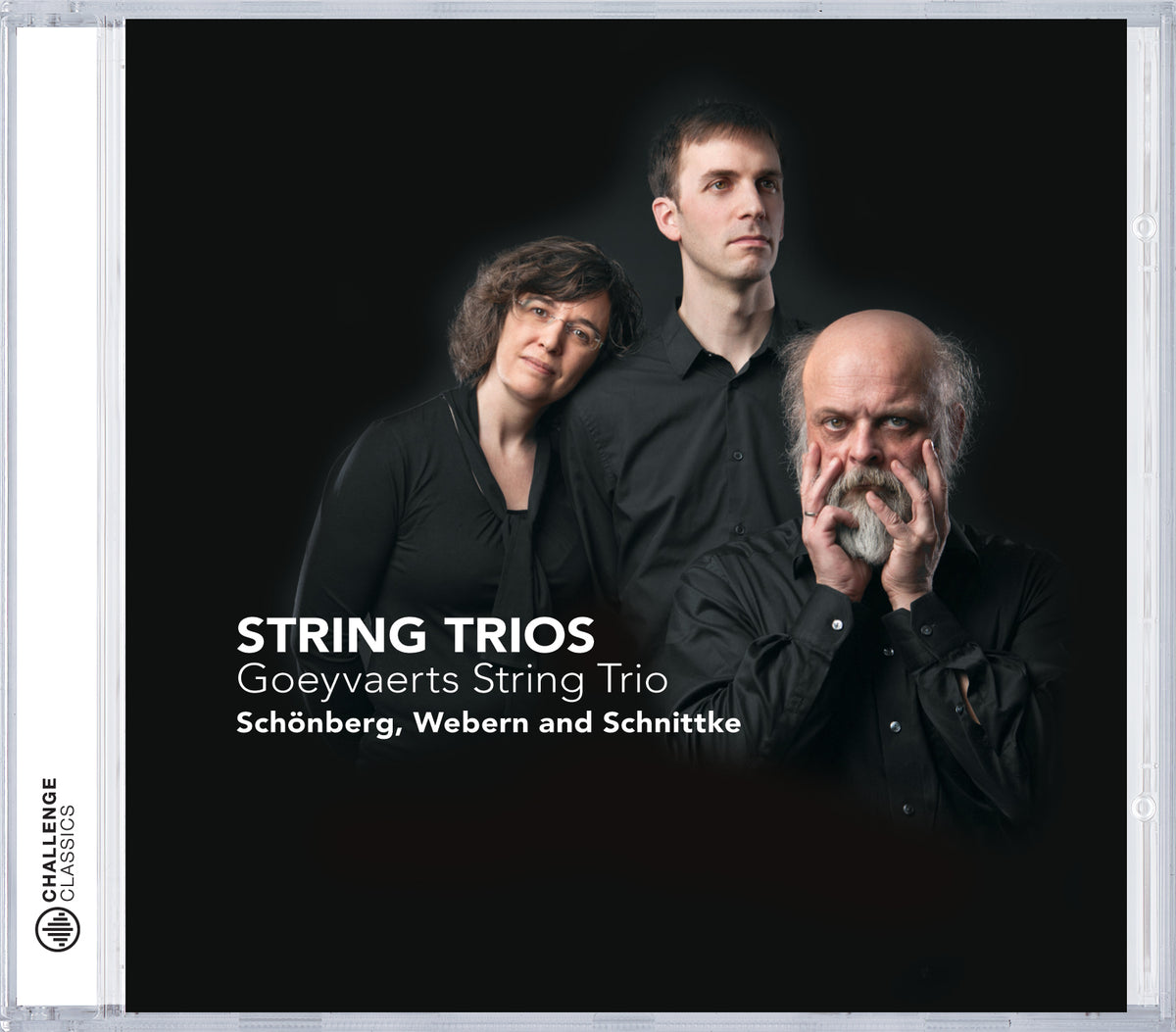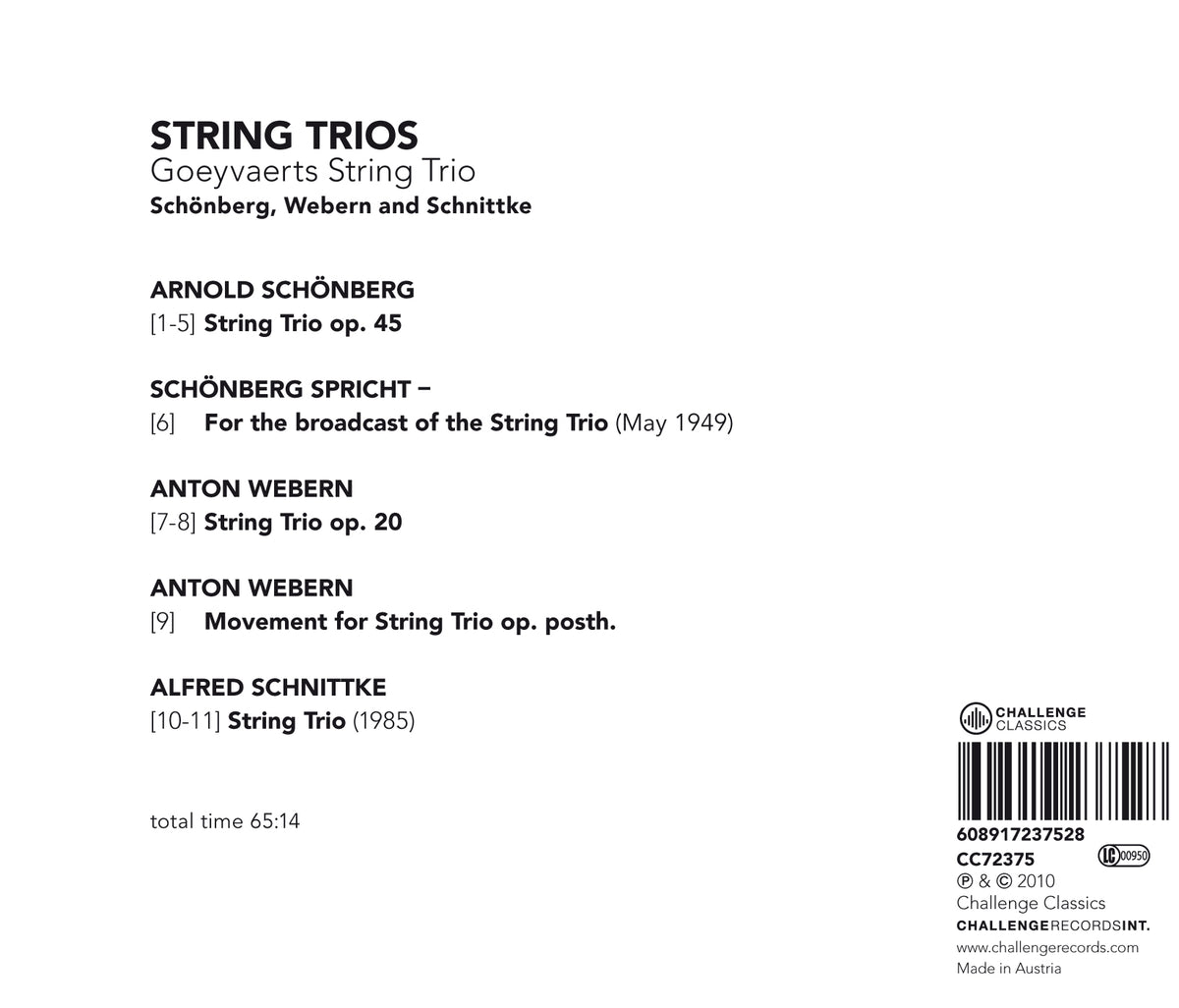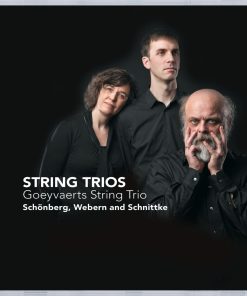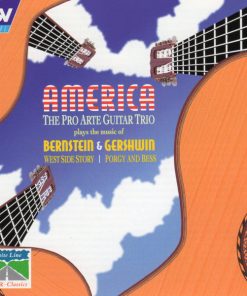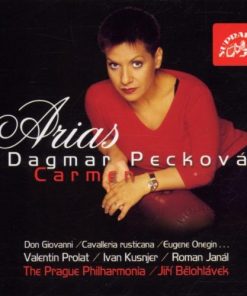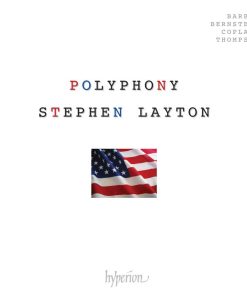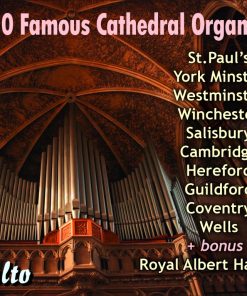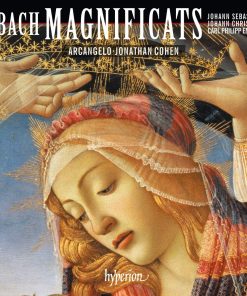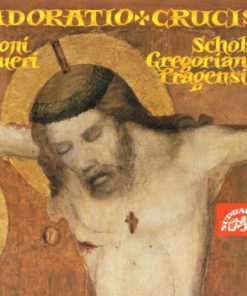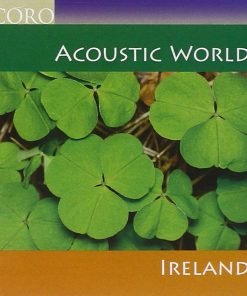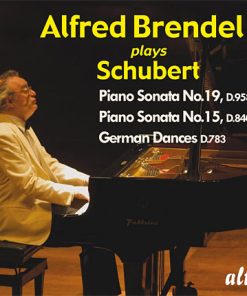SCHOENBERG / WEBERN / SCHNITTKE: STRING TRIOS – GOEYVAERTS STRING TRIO CHALLENGE
$ 2,99 $ 1,79

“Composers clearly tend to write string trios at crucial moments in their life or development as artists.
On 2 August 1946 the 72-year-old Schoenberg had a massive heart attack. He wrote his trio between 20 August and 23 September, while still in full recovery. He told his friends and students that the work formed an account of the traumatic experience of his illness. In his short essay Mein Todesfall, he even managed to see the humorous side of the experience. His pupil Leonard Stein recalls that Schönberg apparently meant the many strange, seemingly incoherent events in the trio (String Trio op. 45) as a musical depiction of his delirium after the heart attack. Pain and calm alternated unpredictably.
The String Trio op. 20 (1927) by Anton Webern (1883-1945) met with resistance at its appearance. The anecdote about the cellist James Whitehead, who during a concert in London’s Wigmore Hall left the stage after several bars announcing ‘I can’t play this thing’, is unfortunately all too well known. Whitehead called Webern’s music ‘a nightmare – not music at all, but mathematics’. By labeling the music ‘mathematical’, at the very least Whitehead revealed his vague sense of this music’s structural and compositional inventiveness. Webern’s trio is, like Schönberg’s, a dodecaphonic work, although dating from two decades earlier.
In contrast to Schönberg, Webern and Berg, Schnittke was clearly generous in his compositional style. Generally speaking, his compositions exhibit somewhat less of the rarefied succinctness that finds its most extreme expression in Webern’s music. The composition of this string trio seems to have been a very intense emotional experience for Schnittke. It is fairly well known just how much Schnittke, as a Soviet composer, suffered under the cultural isolation imposed on him by the Soviet authorities. Schnittke came from a cosmopolitan milieu (he was the son of a Jewish father and his mother was of German origin). Thanks to his father’s job he had spent part of his student years in Vienna. This explains the fact that this trio has the sound of a somewhat melancholy backward gaze on the Viennese music of such composers as Schubert, Mahler and Berg – works that he had learned in his youth.” (Elise Simoens in the linernotes with this CD).

01. String Trio op. 45: Part 1 02:03
02. String Trio op. 45: 1st Episode 06:06
03. String Trio op. 45: Part 2 03:45
04. String Trio op. 45: 2nd Episode 02:57
05. String Trio op. 45: Part 3 06:03
06. Schönberg Spricht ? For the broadcast of the String Trio 03:46
07. String Trio op. 20: Sehr langsam 04:10
08. String Trio op. 20: Sehr getragen und ausdrucksvoll ? Zart bewegt 07:54
09. Movement for String Trio op. posth.: Ruhig fliessend 02:23
10. String Trio: Moderato 13:52
11. String Trio: Adagio 12:14
Fast Shipping and Professional Packing
Due to our longstanding partnership with UPS FedEx DHL and other leading international carriers, we are able to provide a range of shipping options. Our warehouse staff are highly trained to pack your goods exactly according to the specifications that we supply. Your goods will undergo a thorough examination and will be safely packaged prior to being sent out. Everyday we deliver hundreds of packages to our customers from all over the world. This is an indication of our dedication to being the largest online retailer worldwide. Warehouses and distribution centers can be located in Europe as well as the USA.
Orders with more than 1 item are assigned processing periods for each item.
Before shipment, all ordered products will be thoroughly inspected. Today, most orders will be shipped within 48 hours. The estimated delivery time is between 3-7 days.
Returns
The stock is constantly changing. It's not entirely managed by us since we are involved with multiple parties such as the factory and our storage. The actual stock can fluctuate at any time. Please understand it may happen that your order will be out of stock when the order is placed.
Our policy is valid for 30 days. If you haven't received your product within 30 days, we're not able to issue either a return or exchange.
You are able to return a product if it is unused and in the same condition when you received it. It must also still remain in the original packaging.
Related products
MUSIC CD
MUSIC CD
MUSIC CD
MUSIC CD
